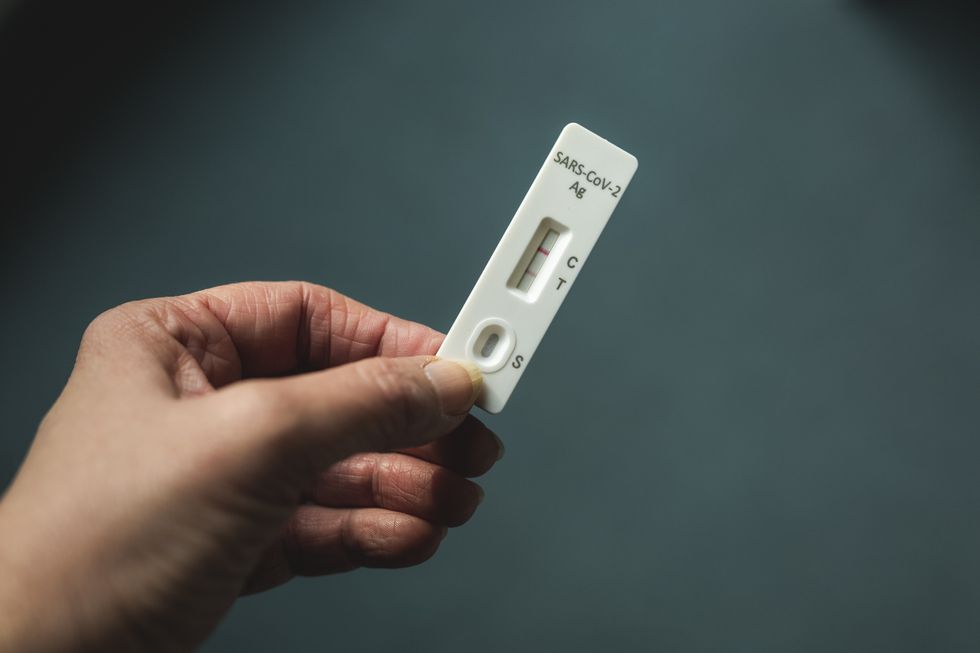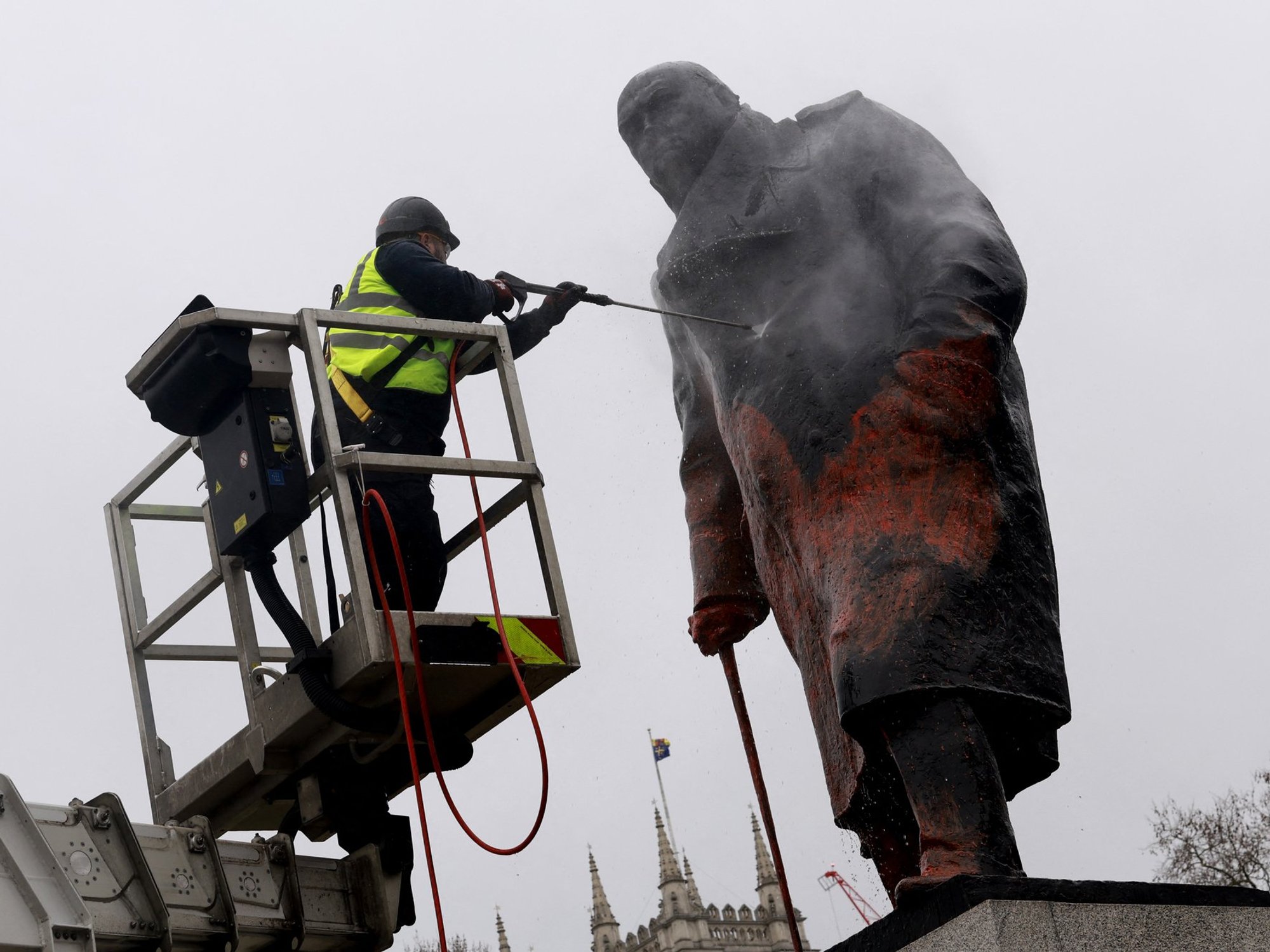The Covid cough symptom that strikes 3 times in '24 hours' as cases rise across UK

‘We Were Rubbished!’ Sir Richard Dearlove on Covid Lab Leak Warnings
|GBN

Health officials are urging the public to remain vigilant for signs of the virus
Don't Miss
Most Read
Latest
Government data shows a marginal increase in Covid cases across the UK, with confirmed infections rising in England during the week ending June 15.
Hospital admissions for coronavirus also climbed slightly compared to the previous week, according to new report by the UK Health Security Agency (UKHSA).
The NHS lists several Covid symptoms, including a continuous cough, defined as "coughing a lot for more than an hour, or 3 or more coughing episodes in 24 hours".
A high temperature or chills is another key indicator, where feeling hot to the touch on the chest or back signifies fever.

COVID-19 symptoms include a continuous coug
|GETTY
The uptick comes as health officials urge the public to remain vigilant for signs of the virus. PCR tests conducted on hospital patients revealed an increase in infections.
The weekly hospital admission rate for Covid rose to 1.53 per 100,000 people, up from 1.44 per 100,000 the week before, according to the latest data.
Meanwhile, the mean positivity rate for PCR tests in English hospitals increased to 6.6 per cent, compared to 6.2 per cent in the prior week.
The predominant strains currently circulating are LP.8.1.1 and XFG, each responsible for 19.87 per cent of reported cases.
The Nimbus strain, also known as NB.1.8.1, accounts for 3.97 per cent of infections.
LP.8.1.1 evolved from LP.8.1, which is itself a descendant of the Omicron variant. The original LP.8.1 strain first emerged in July 2024 and was subsequently classified as a "variant under monitoring" by the World Health Organisation in January.
Thomas Jeffries, a senior microbiology lecturer at Western Sydney University, noted that LP.8.1 does not appear to cause exceptionally severe symptoms compared to other circulating strains.
Writing for The Conversation, Jeffries stated: "Notably, the symptoms of LP.8.1 don't appear to be any more severe than other circulating strains. And the WHO has evaluated the additional public health risk LP.8.1 poses at a global level to be low."
LATEST DEVELOPMENTS

Anyone experiencing Covid symptoms is advised to self-isolate until recovery
|GETTY
Additional symptoms include loss or change to smell or taste, shortness of breath, fatigue, body aches, headache, sore throat, blocked or runny nose, loss of appetite, diarrhoea, and nausea or vomiting.
The NHS advises those experiencing Covid symptoms to self-isolate until recovery.
People who test positive for Covid are recommended to stay home and avoid contact with others for five days, though this is not a legal requirement.
Despite the slight increase in cases and hospital admissions, intensive care figures remain stable. The rate of Covid patients in intensive care units or high dependency units stayed constant at 0.04 per 100,000 people, matching the previous week's figure.
Jeffries added: "What's more, LP.8.1 remains a variant under monitoring, rather than a variant of interest or a variant of concern. In other words, these changes to the virus with LP.8.1 are small, and not likely to make a big difference to the trajectory of the pandemic."










